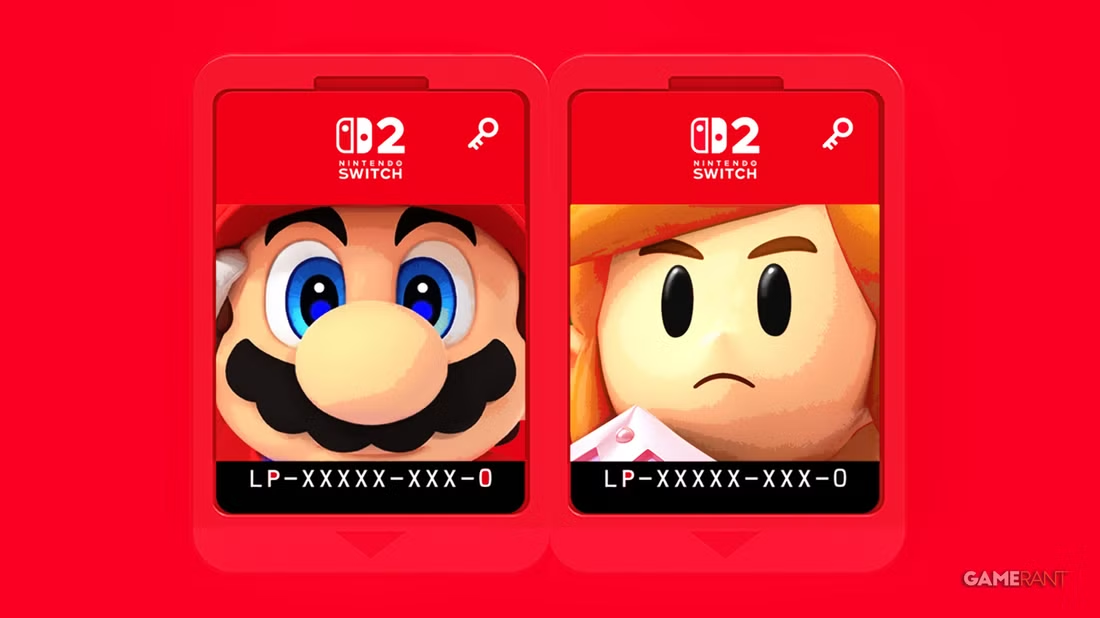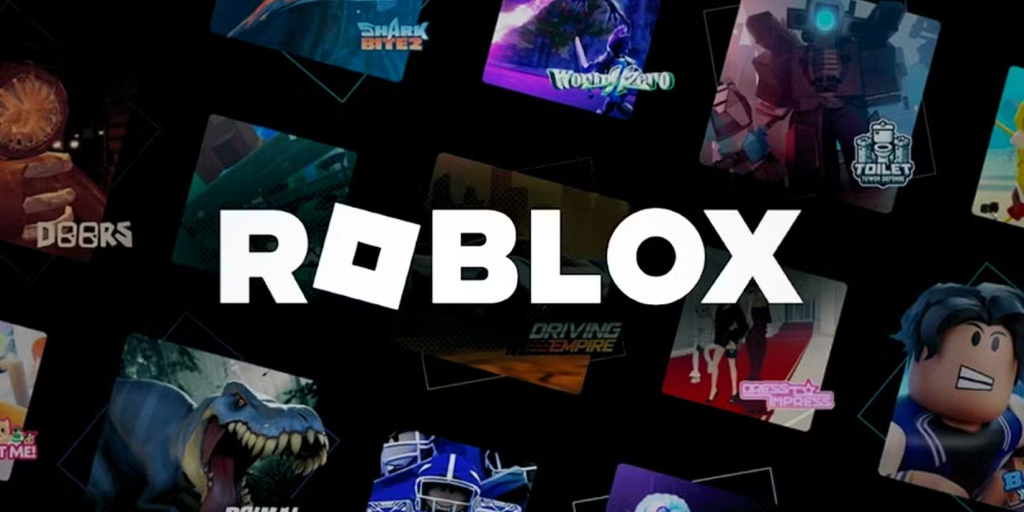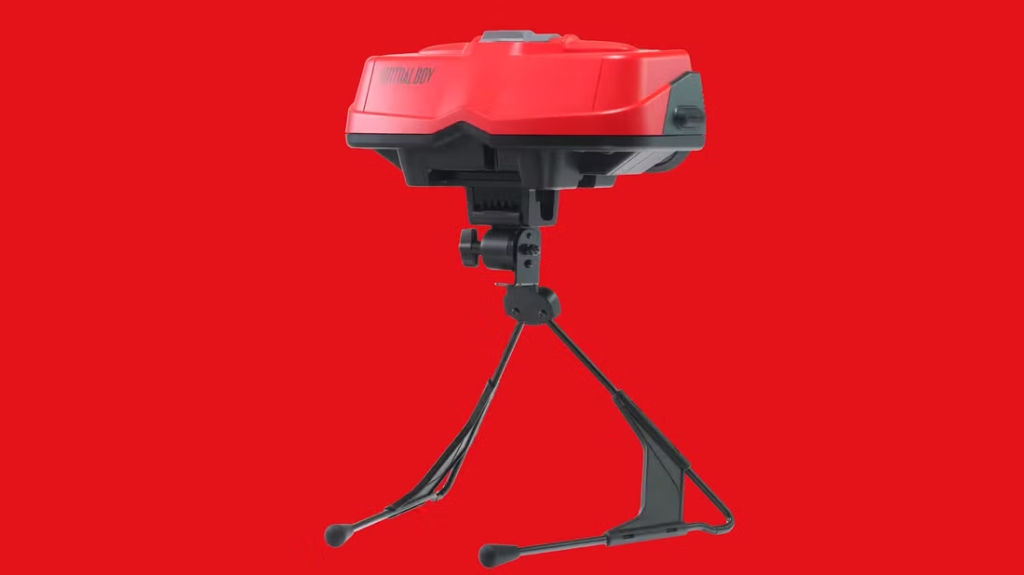Nintendo’s Controversial Game-Key Cards Get Defense From Veteran Developer
Former Capcom developer and veteran composer Masakazu Sugimori has spoken out in defense of Nintendo’s new Game-Key Cards, dismissing criticism that the format is a product of corporate greed. His comments add a new dimension to an already heated debate...
Đăng bởi:Ngân Anh | 14/09/25
Former Capcom developer and veteran composer Masakazu Sugimori has spoken out in defense of Nintendo’s new Game-Key Cards, dismissing criticism that the format is a product of corporate greed. His comments add a new dimension to an already heated debate among Nintendo fans, who have expressed concerns over game preservation, rising prices, and shrinking access to physical media.
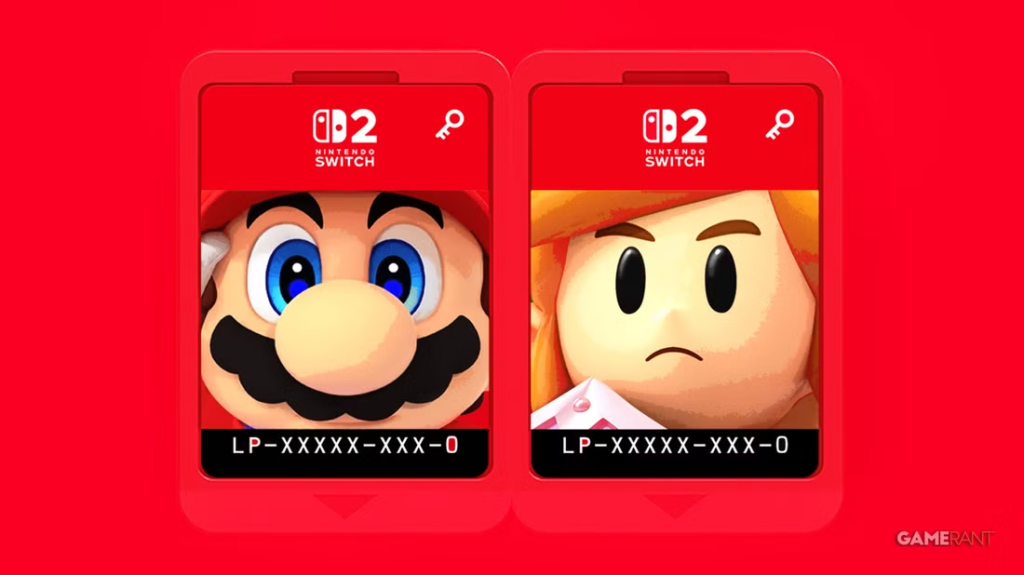
Game-Key Cards, first announced in April 2025, are cartridge-shaped tokens that authorize a digital download from the Switch 2 eShop. They act as a physical key to unlock a digital purchase rather than containing the game data themselves. Exclusively available to publishers on the upcoming Switch 2, the system has sparked backlash from players who argue that it undermines preservation and primarily exists to let publishers save on manufacturing while still charging premium prices.
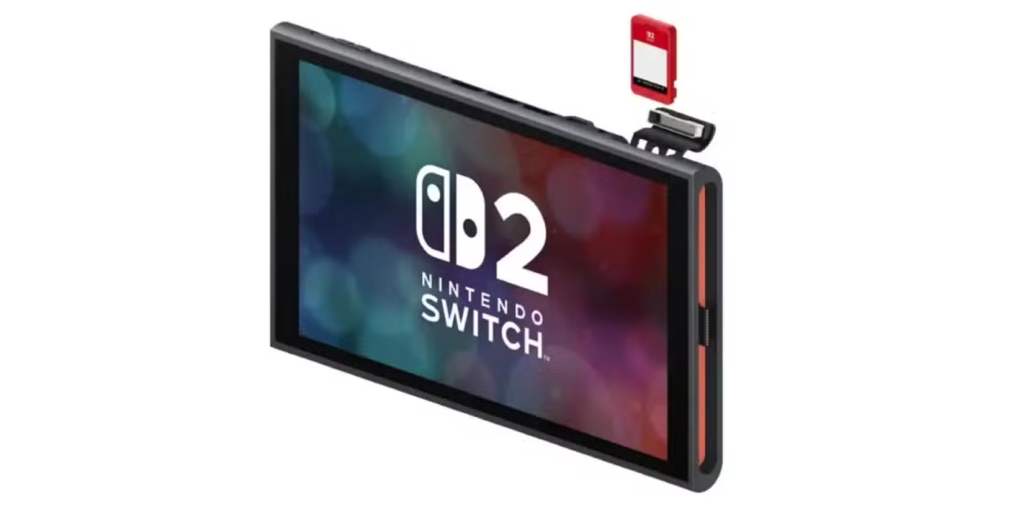
Sugimori, however, offered a different perspective. Writing on X on September 9, he rejected the notion that Nintendo’s decision stemmed from financial motives. He pointed to the company’s substantial cash reserves—equivalent to $13.72 billion as of March 2025, as evidence that the platform holder has little need to cut corners on distribution. Instead, Sugimori described Game-Key Cards as a technology designed to protect the broader gaming and digital entertainment industry.
The former Capcom developer also countered arguments that the cards worsen preservation issues by eliminating traditional physical editions. “Physical things have a lifespan, and they eventually break,” he said, noting that digital products, in theory, do not degrade over time. From his standpoint, Game-Key Cards could prove more durable in ensuring long-term access than cartridges or discs, which remain vulnerable to damage and decay.
Still, Sugimori’s defense does not address all of the concerns surrounding the format. Preservationists argue that the cards actively complicate efforts to archive games. In August 2025, Japan’s National Diet Library confirmed that Game-Key Cards are ineligible for inclusion in its government-funded preservation program, limiting the cultural record of future titles. Fans have also criticized publishers for reducing production costs while failing to pass any savings to consumers.
Nintendo, for its part, has reassured players that its own first-party Switch 2 releases will continue to ship on traditional cartridges, suggesting that Game-Key Cards are primarily intended as an option for third-party publishers. Whether the format ultimately helps or harms the long-term accessibility of games remains to be seen, but Sugimori’s comments highlight the growing divide between industry perspectives and consumer expectations.

